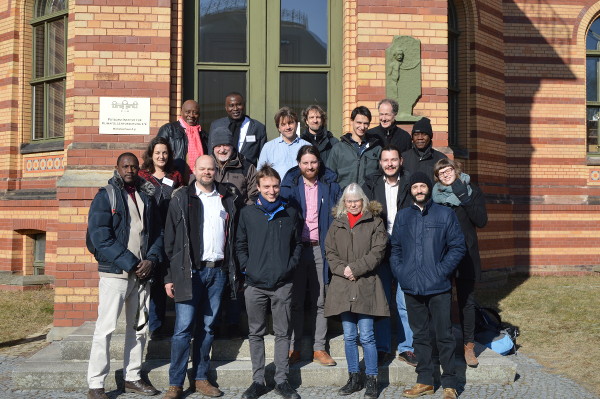
In the three years project, climate services in the context of renewable electricity generation will be addressed and co-generated. The project will also focus on providing present-day and future potentials of hydro, solar, and wind energy from the sub-continental down to the national and local level.
Rural electrification is a crucial component of socioeconomic development and is associated with higher youth literacy, enhanced employment, alternative income generation activities etc. As a matter of fact, in Sub-Saharan Africa rural electrification rates are with 14% extremely low, and even urban electrification rates are below rural electrification rates in other developing world regions. In the context of population development in West Africa, which is projected to double by 2050, the electricity demand can be expected to increase exponentially!
Therefore, a crucial goal of the CIREG project is to influence and to support the decisions that are taken in the energy sector today, because they will have long-term impacts on GHG emissions and energy prices. We intend to facilitate the skipping of the fossil fuel era towards leap frogging on renewable energy technologies.
Project partners
- Center for Development Research, University of Bonn (ZEF)
- Stockholm Environment Institute (SEI)
- Free University of Brussels (VUB)
- Danish Technical University (DTU)
- West African Science Service Centre on Climate Change and Adapted Land Use (WASCAL)






